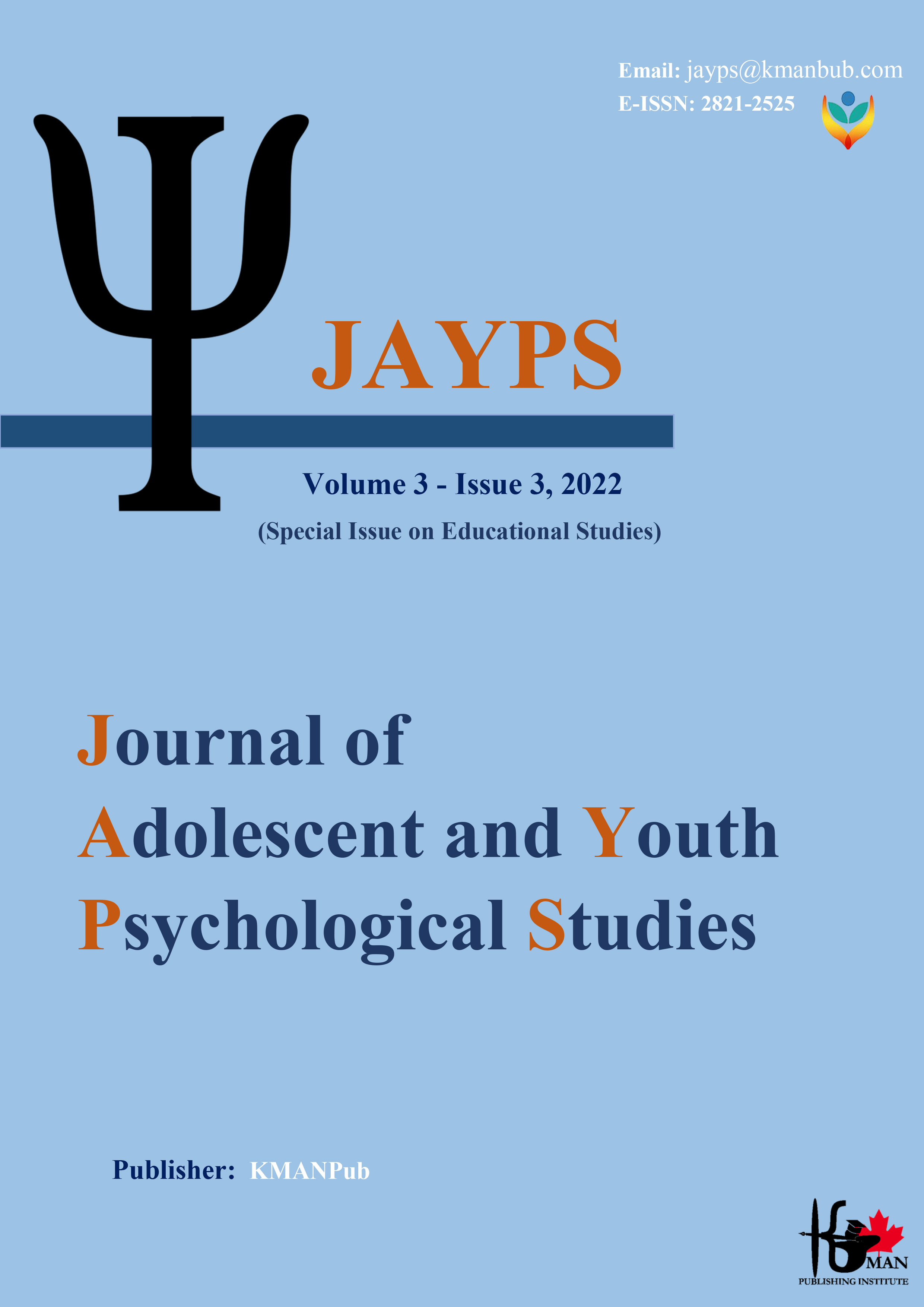Comparison of the effectiveness group exploring training and conceptual learning on academic motivation Elementary school 5th Grade Boy students.
Keywords:
Exploratory group education, concept learning, academic motivation, elementary studentsAbstract
Background and Aim: Students experience different emotions in academic situations. Emotions are always present in educational and clinical environments. Academic resilience also refers to high levels of motivation for progress and performance, despite limited conditions. Therefore, the aim of the present study was to determine the effectiveness of teaching compassion, academic counseling based on a narrative approach, on resilience and academic emotions of students with academic failure. Methods: The research method of this research was a quasi-experimental type of research with a pre-test-post-test-follow-up design with a control group, and in terms of its purpose, it was an applied research. The design of this research was three groups (two experimental groups and one control group). The statistical population of the research included male students of the fifth grade of elementary school in Kiyar city in the academic year 2019-1400, and the studied sample included 75 male students, 25 in the exploratory group teaching experimental group, 25 in the conceptual learning experimental group, and 25 in the experimental group. Controls were selected by multi-stage random sampling. The research tool included Harter's (1981) academic motivation questionnaire, whose reliability was 0.89 with Cronbach's alpha coefficient. To analyze the data, descriptive statistics (mean and standard deviation) and inferential statistics including Bonferroni's post hoc test and multivariate covariance analysis were used in Spss24 software. Results: The findings showed that exploratory group training and conceptual learning have a significant effect on academic motivation (P<0.05). In other words, exploratory group teaching methods and conceptual learning increased the average scores of academic motivation. Also, there is no difference between exploratory group teaching method and conceptual learning method on students' academic motivation. Conclusion: It can be concluded that teachers can use the method of exploratory group teaching and concept learning in the presentation of elementary science lessons, considering the concreteness of the experimental science lesson contentation.
Downloads
Downloads
Published
Submitted
Revised
Accepted
Issue
Section
License

This work is licensed under a Creative Commons Attribution-NonCommercial 4.0 International License.









